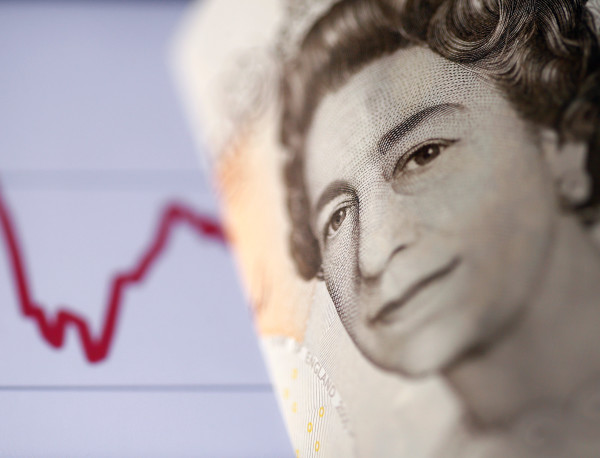

Statistics released today (July 30) showed HMRC collected £5.2bn from IHT in 2019/20, down 4 per cent (£223m) on the previous tax year.
According to the tax authority, the main cause of the reduction in IHT take was the residence nil rate band (RNRB), introduced by former chancellor George Osborne in 2017-18.
The RNRB is an IHT threshold where the deceased left a residence, or the sale proceeds of a residence, to their direct descendants.
The RNRB for 2020/21 is £175,000, an increase of £25,000 from 2019/20.
It is in addition to the nil rate band, also known as the IHT threshold, which is the amount up to which an estate has no IHT to pay. The NRB for 2020/21 is £325,000 and any estate which exceeds this threshold is charged 40 per cent in IHT.
Unused NRB and residence nil rate band allowances can also be transferred to a surviving spouse or civil partner.
But the generous giveaway is set to come under scrutiny as chancellor Rishi Sunak looks to raise much needed funds to pay for the nation’s Covid-19 debts, according to tax experts.
Steve Webb, partner at LCP, said: “The surge in house prices would normally have led to a big increase in inheritance tax revenues for the government. But the decision by the former chancellor George Osborne to allow families to pass on a million pound family home free of IHT has dented revenues to such an extent that they actually fell last year.
“It is hard to believe that the current chancellor will not be looking very closely at IHT in a much less favourable light as he tries to fill the hole in his budget.”
Mike Hodges, partner in the private wealth team at Saffery Champness, said: “The decrease in the proportion of estates paying inheritance tax and the first fall in total IHT receipts in over a decade are likely to increase further the pressure to reform IHT at a time when the exchequer needs to raise extra funds to pay for the coronavirus crisis.
“In recent years IHT receipts have been steadily climbing, buoyed by rising house prices particularly in the south east. If, as HMRC suggests, last year’s fall in receipts is a result of George Osborne’s RNRB, this may increase the perception that those who some may say can afford to pay a little more tax are not shouldering their fair share.
“And the proportion of estates paying IHT is likely to dwindle still further in the current financial year as the RNRB increases to £175,000 per person, in accordance with George Osborne’s ambition that parents be able to leave a £1m property to their children tax-free.”
Tom Elliott, partner and head of London private clients at Crowe UK, argued the chancellor would not face much backlash if he were to reform the IHT system as it brings in very little revenue.
Mr Elliott said: “The total IHT paid in 2019/20 represented less than 1 per cent of the total tax take for the UK (£602bn).
“That is not to say that a figure of £5bn wouldn’t be missed but in the grand scheme of things, this is a tax that receives more attention than, for example, income tax, which generates £194bn in revenue, national insurance (£143bn) and VAT (£130bn).
“It must, therefore, be acknowledged that IHT is more of a policy tax and political tool than a revenue raising strategy. Indeed, so few estates pay the tax that it would hardly be a vote-loser if the rate was increased. If anything, such a proposal would be a politically positive step.”
He added the proposal of an annual wealth tax could be a good solution to scrap IHT altogether.
Mr Elliott said: “Politically, the government would be seen to be continuing to tax wealthy estates, albeit in a different format and if a wealth tax is deemed necessary, it will be more acceptable to those exposed to it if they were to be excused from their current exposure to IHT.”
Earlier this week (July 27), research found more than half of 1,000 savers surveyed believed it was “somewhat likely” that IHT rates would increase, while 30 per cent thought it was “highly likely”.
Meanwhile, the majority (70 per cent) of respondents claimed they understood the importance of IHT planning, and 31 per cent believed it was now more important than before lockdown.
amy.austin@ft.com
What do you think about the issues raised by this story? Email us on fa.letters@ft.com to let us know.



